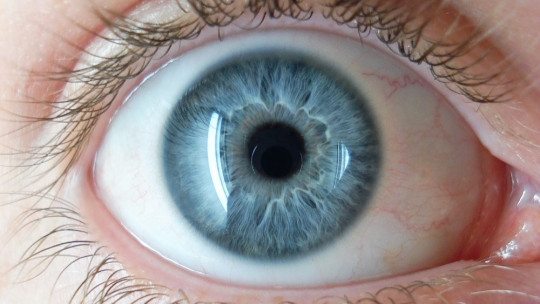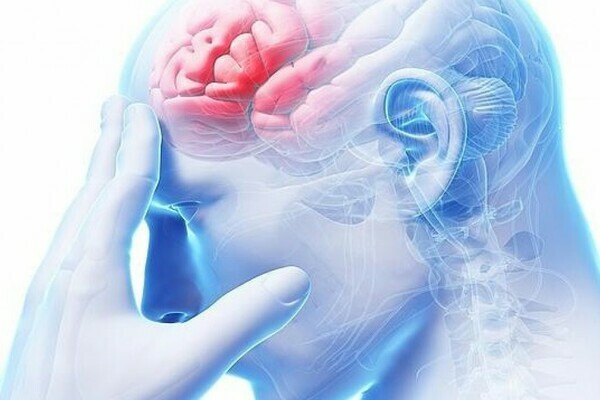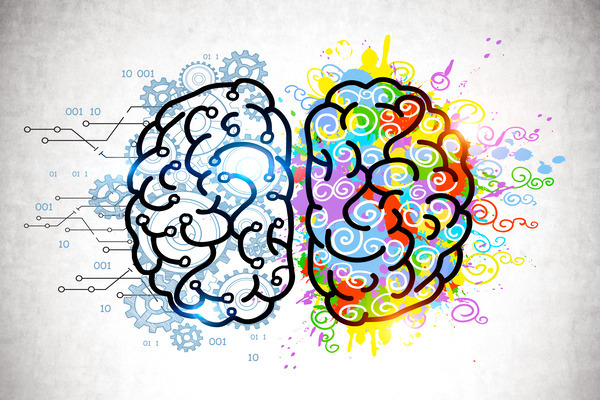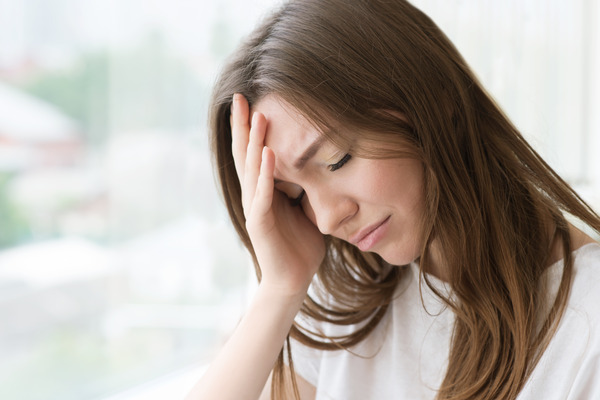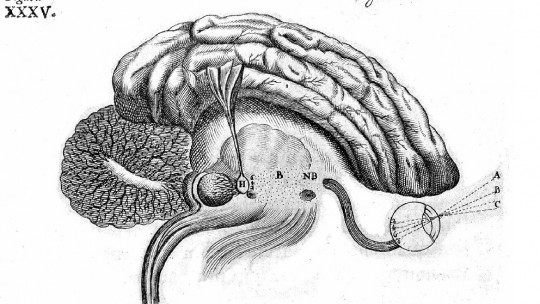What is the cerebellum for? What are the main functions of this part of the brain? Discover how the cerebellum works and how it can affect us if it does not function correctly.
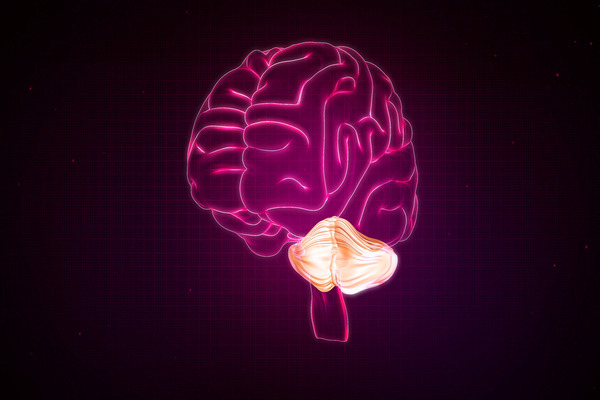
He cerebellum This is the part of the brain responsible for playing a crucial role in most of our physical movements. That is, the main functions of the cerebellum involve helping us to carry out all those activities that involve movement, such as driving, throwing a ball or walking. But why is the cerebellum important for our mental health?
What is the cerebellum?
He cerebellum It is the part of our brain whose main function is to coordinate voluntary movements. It is also the area responsible for other important functions such as balance, coordination and posture. This structure is located in the back of the brain, behind the brain stem. There are two main parts of the cerebellum, the cerebellar cortex and the cerebellar nuclei. The cerebellum constitutes 10% of the total volume of the brain.
What are the functions of the cerebellum?
Mainly, the cerebellum is responsible for receiving information from other regions of the brain and nervous system. These data are used by the cerebellum to coordinate and control the voluntary movements of our body. Between his principal functions we can highlight the following:
- Coordination of the voluntary movement: Movement is a complex process that requires different muscle groups to work in a coordinated manner. Although the cerebellum is not the part of the brain that initiates movement, it is actually responsible for helping to organize all the actions of the muscle groups involved in that particular movement. This included eye movements or movements associated with speech.
- Mental functions: Researchers believe that the cerebellum also plays an essential role in some thinking functions, such as language and mood processing. In addition, it is involved in those responses associated with attention, fear and pleasure.
- Balance and Posture: The cerebellum has an essential role in the motor coordination of our body. This involves proprioception skills, that is, being aware of where the parts of our body are.
- Motor learning: When a person learns a new motor skill, such as riding a bicycle or a new sport, the cerebellum is responsible for fine-tuning the motor movements so that we can perform the new movements without problems.
These are some of the main functions of the cerebellum Likewise, research on our brain is still very superficial, so it is possible that over time we will learn more about this part of our body.
Conditions that affect the cerebellum
When the cerebellum is damaged people may experience the following:
- Ataxia: It is a loss of control of voluntary movement, that is, being able to move the body in the way we want.
- Cognitive impairment: Damage to the cerebellum can also mean experiencing difficulties in learning, memory and concentration.
- Dystonia: It involves an involuntary contraction of the muscles that normally work in cooperation, which results in us having an unusual position of that part of our body.
- Tremors: Damaged cerebellum can also cause involuntary muscle contraction, i.e. tremors in the hands, legs, face, head or vocal cords.
- Vertigo: People who suffer from vertigo have dizziness, which means they feel like their head is spinning, or that their body is rocking or tilting. This is associated in many cases with balance problems.
- Psychological disorders: Researchers also suggest that a dysfunction of the cerebellum can also lead to anxiety disorders, autism, dyslexia or schizophrenia.
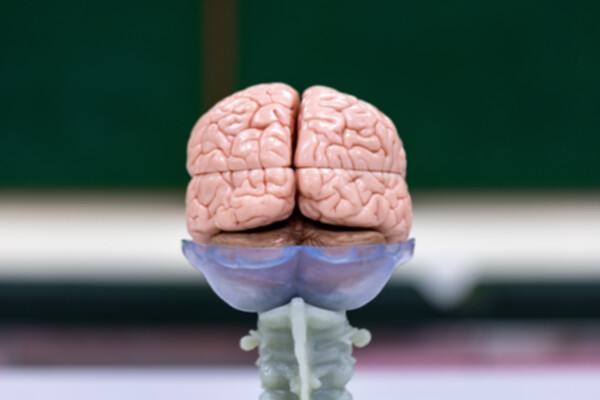
How can we protect our cerebellum?
Although people cannot prevent many of the health conditions that may be related to a cerebellar dysfunction there are some habits that improve the functions of this part of our brain:
- Practice exercise: Regular physical exercise can help us improve the cognitive functions of many parts of our brain.
- Have a more balanced diet: A healthy diet stimulates blood flow to our brain and reduces the risk of suffering from a stroke.
- Reduce alcohol consumption: Alcohol can affect the functioning of our cerebellum.
- Stop smoking: Smoking also affects many of our brain functions. In fact, studies suggest that it can lead to an increased risk of stroke.
Look after our brain and cerebellum Not only does it help us improve our cognitive functions, but it is also related to greater mental well-being. Therefore, it is important to learn how our bad habits can affect our brain and take into account what we can do to live better.

